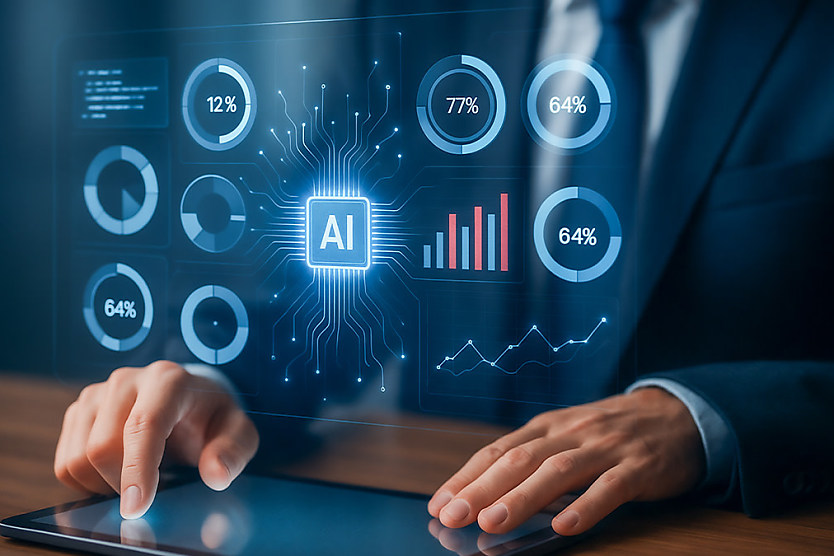Aussie workers seek advice as AI develops
SHARE THIS ARTICLE

New research shows that two in three professionals (63 per cent) “believe that colleagues who resist AI will fall behind”, and an alarming 19 per cent of employees exaggerated or lied about their proficiency with AI at work, highlighting pressures to keep up with this technology.
LinkedIn has released new statistics that reveal increasing anxiety among professionals about upskilling in AI. “Over one in four (28 per cent) feel embarrassed about how little they understand AI, and 32 per cent are nervous to talk about it,” the report said.
This latest data, which covered June and July 2025, showed notable rates of overwhelmed (37 per cent) professionals when they approached learning how to harness AI tools at work.
With a sample space of over 2,000 professionals from 15 different countries, LinkedIn combined its own data with research from Censuswide, delving into the attitudes about AI in the workplace.
LinkedIn Australia career expert Brendan Wong said: “Australians are turning that pressure into progress,” as professionals turn towards their colleagues, friends and family, and managers for support.
Ceiling for AI learning
Two in three employees “rely on colleagues or managers for faster, more confident decisions, and when it comes to mastering AI at the workplace, Aussies prefer in-person training opportunities”, it said.
The rising expectations placed on workers led to higher levels of embarrassment, and 37 per cent felt overwhelmed by the expectation to “get” AI.
However, hope remains, according to this research, 57 per cent of professionals have optimism around AI’s ability to improve daily life.
LinkedIn experienced a 30 per cent increase in comments this fiscal year, reflecting their report’s finding that “one in three (37 per cent) Aussies said the current pace of change is not sustainable for their wellbeing”.
The platform said the human side of work – “mentorship, collaboration and relationship building” – remained crucial for mastering AI in the workplace, with 91 per cent of Australian executives who agreed that good business decisions involving AI still depend on human judgement.
This research also revealed that “one in four (25 per cent) would trust AI tools like ChatGPT or Copilot”, which demonstrates a gap in trust. “Balancing day-to-day responsibilities with the need to quickly build AI skills isn’t easy”, Wong said.
Networks are important for AI upskilling
This research made recommendations for professionals who struggle with AI. “Reach out to trusted colleagues or mentors and ask specific questions”, it said. LinkedIn noted that professionals who are honest about their needs will be more likely to receive support.
LinkedIn also suggested that professionals should seek relatable expert voices on social media, “making learning feel less overwhelming and more relevant to your goals”, the platform said.
Emphasis was put on individual responsibility in the report; however, it ensured that learning these crucial skills shouldn’t need to be a solo journey – it suggested programs that encourage and teach networking skills.
“It’s the guidance of colleagues and mentors that helps people make confident decisions,” Wong said.
RELATED TERMS
Training is the process of enhancing a worker's knowledge and abilities to do a certain profession. It aims to enhance trainees' work behaviour and performance on the job.
